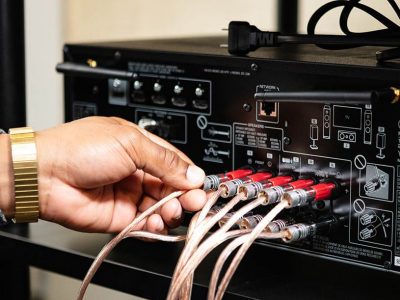The order management systems ensure that all the processes are integrated to ensure a smooth flow of business operations. The proper and timely execution of the order management system is the key to a profitable retail business. The shops that deal with multi-channel delivery services need an integrated approach that involves online, mobile, and shop floor channels.
Here is a complete process on how the retail order management systems work.
Order Processing
The first stage of the retail order management system involves receiving and processing an order. The system will receive customer information such as their credit card number, email address, delivery instructions, billing address, and product preferences. The data is then transferred to the next stage, which includes order preparation and dispatching.
Invoicing
In the next stage, the system will create an invoice from the product list or a supplier where this may be required by law. The retailer sets up payment processing by choosing a payment gateway and settlement account in the final step. The settlement account is used to store the funds after successful payment and to deal with fees.
Order Preparation and Management
The order management system will be responsible for all orders received by the retailer. It includes managing the inventory levels, determining when an item is out of stock or if it can be pre-ordered, sending out orders to suppliers, invoicing customers, and managing payment back to the supplier.
When a customer places an order with the retailer, that information will be sent to the retail order management system. The inventory of products is compared, out-of-stock items are identified, and the most appropriate fulfilment method is allocated.
Order preparation involves setting up any orders for dispatch with all relevant information. This includes tracking numbers, barcodes, your business address for delivery, the name on the package, and how the item needs to be packaged. In most cases, retailers will use a third-party courier and create an account with that service.
Order Tracking and Anywhere Fulfilment
During the order tracking and fulfilment stage, the retailer can keep track of all orders throughout their journey in real-time. The system is also integrated with the warehouse management software to ensure that products are available before a customer requests them. In addition, this section will update the customer at every step of the process with details on their order status.
The retailer can also determine if an item or product is in stock, out of stock, or available for pre-order. This section of order management systems can prepare and dispatch all orders that have been received by reviewing inventory levels and completing fulfilled orders during this stage.
Easy Integration for Scaling and Data Sharing
The integration will keep track of orders and any issues throughout the whole process, providing valuable data to improve efficiency. This data can be used to make changes if any of the processes are too slow or broken.
The integration also makes it easy for retailers that want to expand their business through multi-channel deliveries. This will allow them to integrate anything from call centre software, webshops, mobile applications, and other third-party systems. The retailer can also add other products through the integration by adding extra inventory and keeping sales track.

















Comments